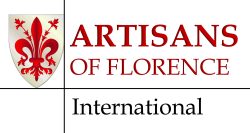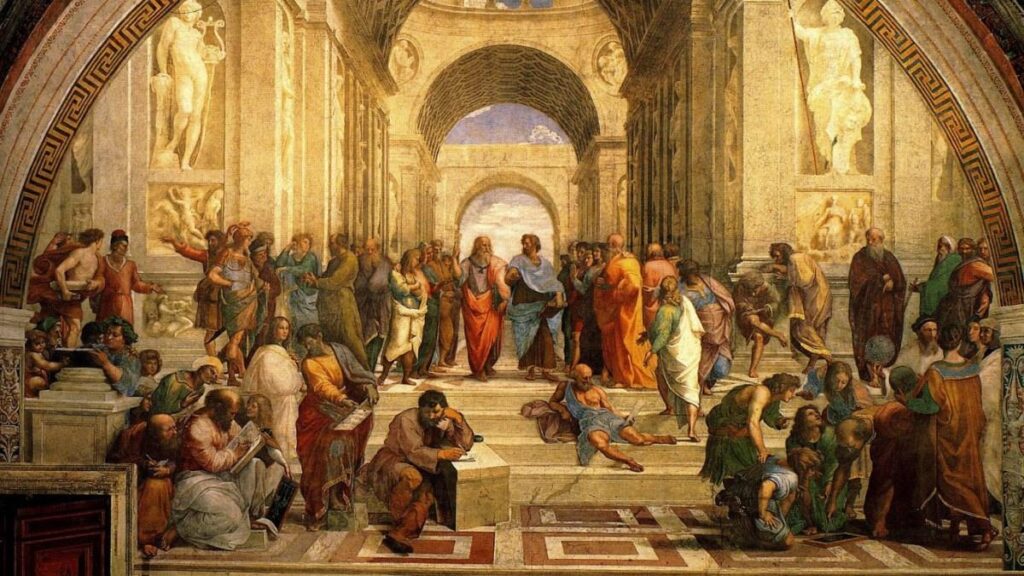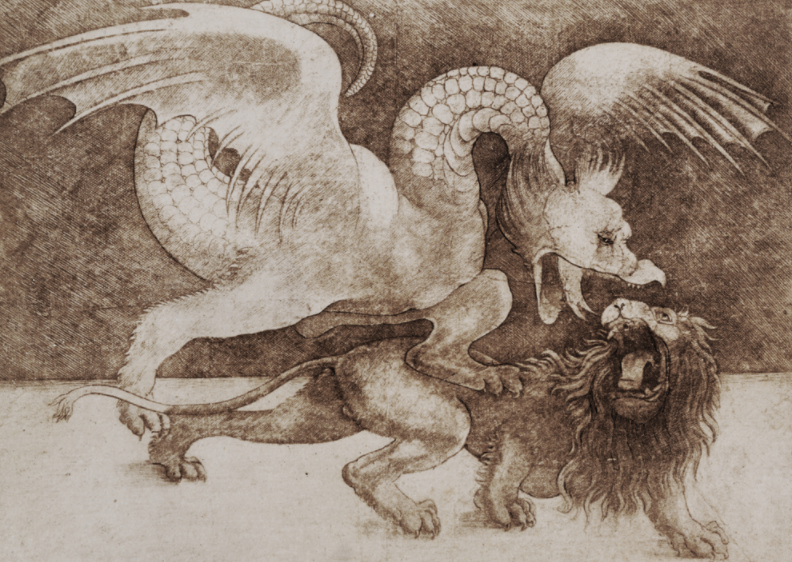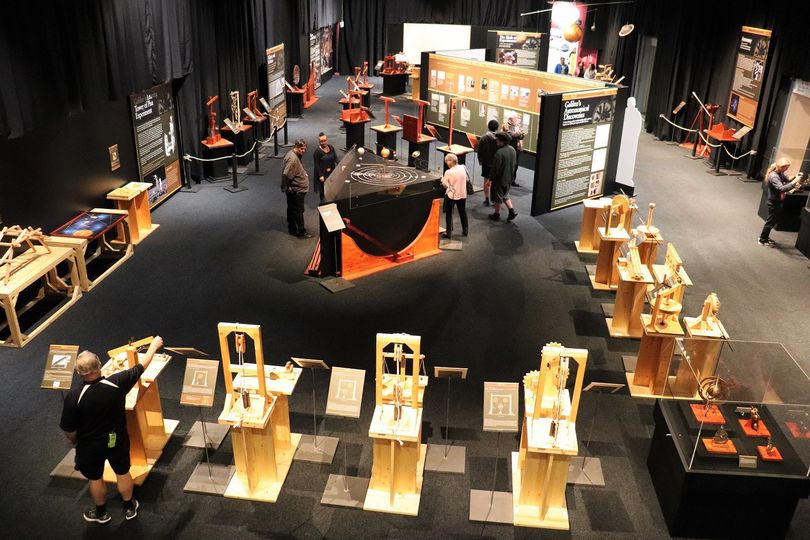Critical Thinking, Science and Art
Raphael’s masterpiece, The School of Athens (1509 – 1511) is a who’s who of influential philosophers, mathematicians and scientists spanning 2000 years of Western civilisation. With Plato and Aristotle as the central figures, the iconic fresco has come to symbolise the connections between art, philosophy and science. Framed by the impressive arch and dwarfed at […]
Critical Thinking, Science and Art Read More »




